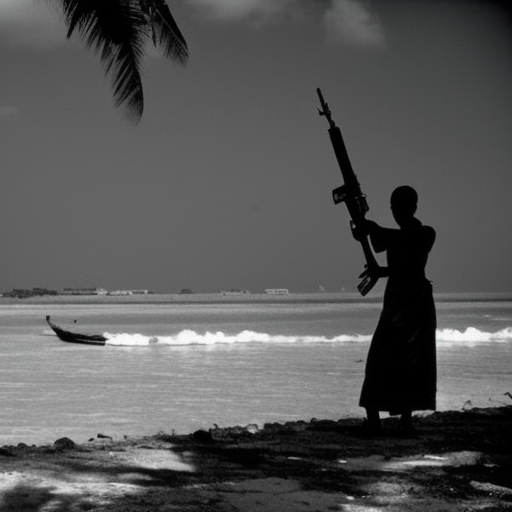Zanzibar Revolution: Overthrowing the Sultanate
The Zanzibar Revolution was a series of events that took place in Zanzibar, an archipelago off the coast of East Africa, from January 12 to 13, 1964. The revolution resulted in the overthrow of the Sultanate of Zanzibar and the establishment of a new government led by the Afro-Shirazi Party (ASP).
Background
Zanzibar had a long history of Arab rule, with the Sultanate being the dominant power on the islands. The Sultanate was made up of Arab elites who controlled the economy and held most of the political power. However, the majority of the population consisted of African Zanzibaris who were marginalized and oppressed under Arab rule.
The Revolution
The revolution began on the night of January 12, 1964, when a group of around 600 revolutionaries, mainly members of the ASP and local African trade unions, launched an attack on key targets in Zanzibar City. The targets included the police station, the prison, and the palace of the Sultan. The revolutionaries were armed with guns, machetes, and other weapons.
The attack was swift and successful, with the revolutionaries quickly overpowering the Sultan’s forces. Sultan Jamshid bin Abdullah and his supporters sought refuge in the palace, but they were eventually captured and either killed or forced to flee the country.
Aftermath
Following the revolution, the ASP declared Zanzibar a republic and formed a new government. The new government was led by Abeid Karume, the leader of the ASP, who became the President of Zanzibar. The revolution also marked the end of Arab dominance in Zanzibar and the beginning of a new era of African majority rule.
The revolution had a significant impact on Zanzibar’s society and politics. The new government embarked on a program of radical social and economic reforms, including land redistribution, nationalization of industries, and the promotion of African culture and identity. The revolution also led to the expulsion of most of the Arab and South Asian communities from Zanzibar, as they were seen as supporters of the old regime.
International Response
The Zanzibar Revolution received mixed reactions from the international community. Some countries, particularly those in the socialist bloc, hailed it as a victory for anti-imperialism and African nationalism. However, other countries, including the United States and the United Kingdom, expressed concern over the violence and instability in Zanzibar.
The revolution also had wider implications for the region. It inspired other African nationalist movements and contributed to the broader wave of decolonization that swept across Africa in the 1960s. The success of the revolution also encouraged the ASP to pursue a union with Tanganyika, which eventually led to the formation of the United Republic of Tanzania in 1964.
Legacy
The Zanzibar Revolution remains a significant event in the history of Zanzibar and East Africa. It marked the end of Arab rule in Zanzibar and the beginning of African majority rule. The revolution also had a lasting impact on Zanzibar’s society and politics, shaping the country’s identity and development.
In conclusion, the Zanzibar Revolution was a pivotal event that led to the overthrow of the Sultanate of Zanzibar and the establishment of a new government. It had a profound impact on Zanzibar’s society and politics, as well as the broader decolonization movement in Africa.












